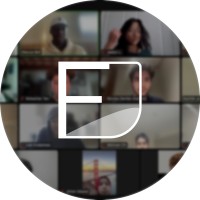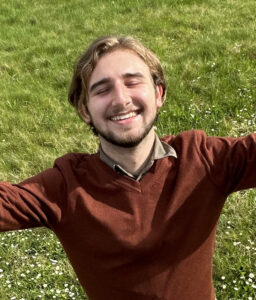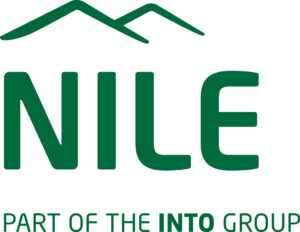How would you ensure that the world does not raise average temperatures above 1.5 degrees? “Kill all the cows!” was one answer. “Shut down all the coal mines!” was another when I asked my conference audience in Albania last month.
Welcome to Show 314 of Absolutely Intercultural, the podcast about all things intercultural. My name’s Anne Fox and this show is coming to you from Denmark. It’s the first show of 2026 so I should be wishing everyone a Happy New Year, but I know that many people are worried about the state of the world; one of those issues being climate change and the effects it will have and is already having on our lives.
How would you solve it?
A tool that could help is the one-page website, En-ROADS, that you can use for free to see the effects of your suggestions to reduce global warming. En-ROADS shows you the main policies that could be used to reduce greenhouse gas emissions and their effects on global average temperature. Of course, that depends on the type and extent of the policies you choose. You can use En-ROADS to find out which would be the most effective policies.
Spoiler alert! No one policy works on its own.
absolutely climate interactive!
En-ROADS allows you to explore in real time the effects of eating less meat, taxing oil and gas, planting more trees and many other options. The simulator shows you what will happen if we carry on as we are with existing policies, a rise of 3.3 degrees Celsius, and what could happen if we change those policies. Just as one example, you could move the slider on nuclear energy to increase the subsidy on new nuclear energy plants to encourage more clean energy. En-ROADS is a simulator based on the most up to date and reliable information and was built to help the top tier of policy makers, you know, the ones that attend the annual COP meetings. But it can also help you to think about what’s possible in your local context or organisation.
Climate Interactive, the organisation that built the En-ROADS simulator with MIT Sloan, offers free training courses in using and understanding the simulator and once you become expert at it, you can be an En-ROADS ambassador. There are En-ROADS ambassadors all over the world and I spoke to one of them, Susan Golden, who is an ambassador in the USA, about who uses En-ROADS and what they get out of it.
We’d love to hear if you have tried out En-ROADS on the Climate Interactive page. Did you manage to bring projected global warming down? If so, how did you do it? How realistic do you think your policies were? How did they compare to my conference audience that you heard at the beginning of the show? Is there anything you could change in your local context that would help with the overall aim of bringing down average global temperatures? If you have a story to tell on this or any related topic then don’t hesitate to get in touch or leave a comment on our website where you can also listen to all our previous shows.
Don’t forget that we are also on Apple podcasts and Spotify where you can give us a rating. And if you enjoyed the show, please like us on Facebook too.
Our next show will be coming to you, as usual, on the first Friday of next month.
Until then, stay tuned!
Produced by Anne Fox








 Hello dear listeners, and welcome to episode 297 of our podcast “Absolutely Intercultural.” Today, let’s dive into another cultural topic that many of you might have strong feelings about: the legalization of cannabis. Germany has partly decriminalised marijuana use as of 1 April 2024. So, have we experienced a cultural change as a result? Does legalisation mean that in the evenings, we Germans now smoke weed on our sofas in front of television instead of drinking our traditional beer? I’m afraid personally I’m a little old-school and still stick to my red wine, but then some of my friends claim that alcohol is worse than weed, so perhaps I should join one of the new Cannabis clubs?
Hello dear listeners, and welcome to episode 297 of our podcast “Absolutely Intercultural.” Today, let’s dive into another cultural topic that many of you might have strong feelings about: the legalization of cannabis. Germany has partly decriminalised marijuana use as of 1 April 2024. So, have we experienced a cultural change as a result? Does legalisation mean that in the evenings, we Germans now smoke weed on our sofas in front of television instead of drinking our traditional beer? I’m afraid personally I’m a little old-school and still stick to my red wine, but then some of my friends claim that alcohol is worse than weed, so perhaps I should join one of the new Cannabis clubs?

